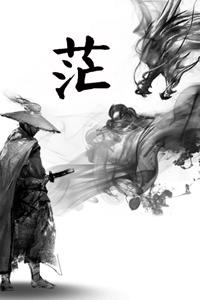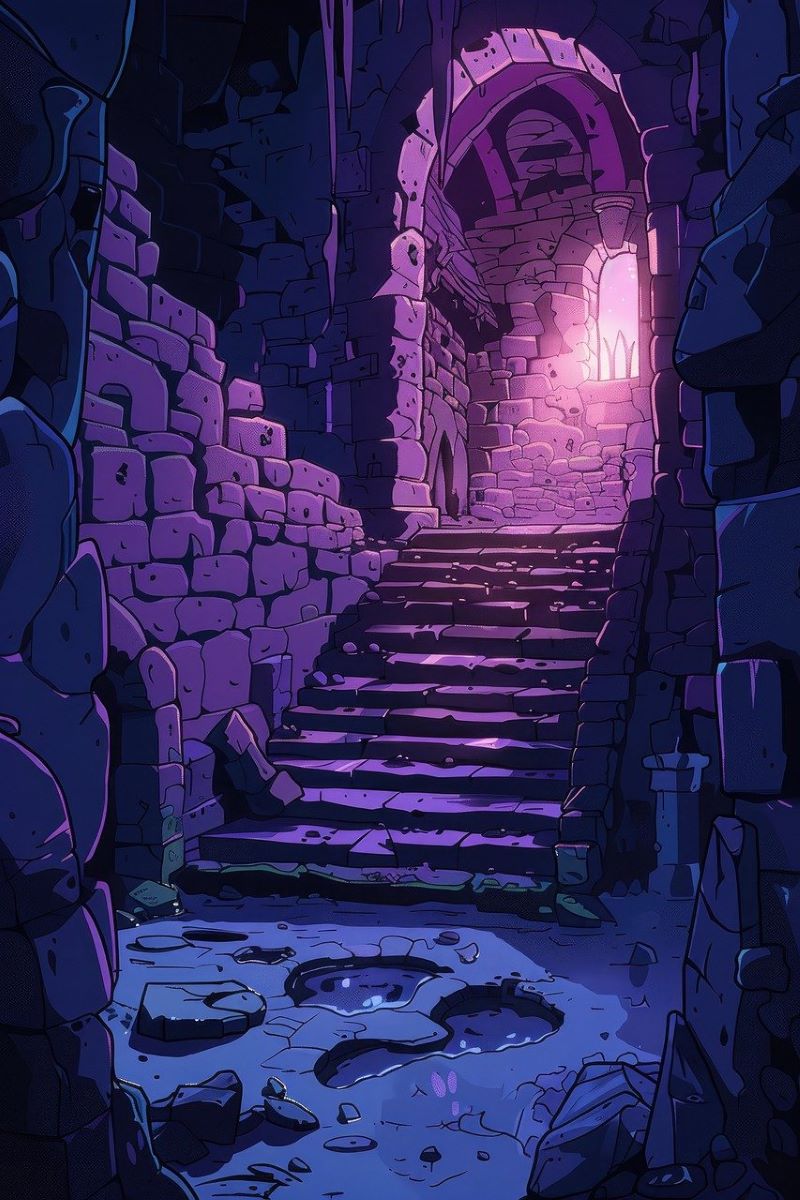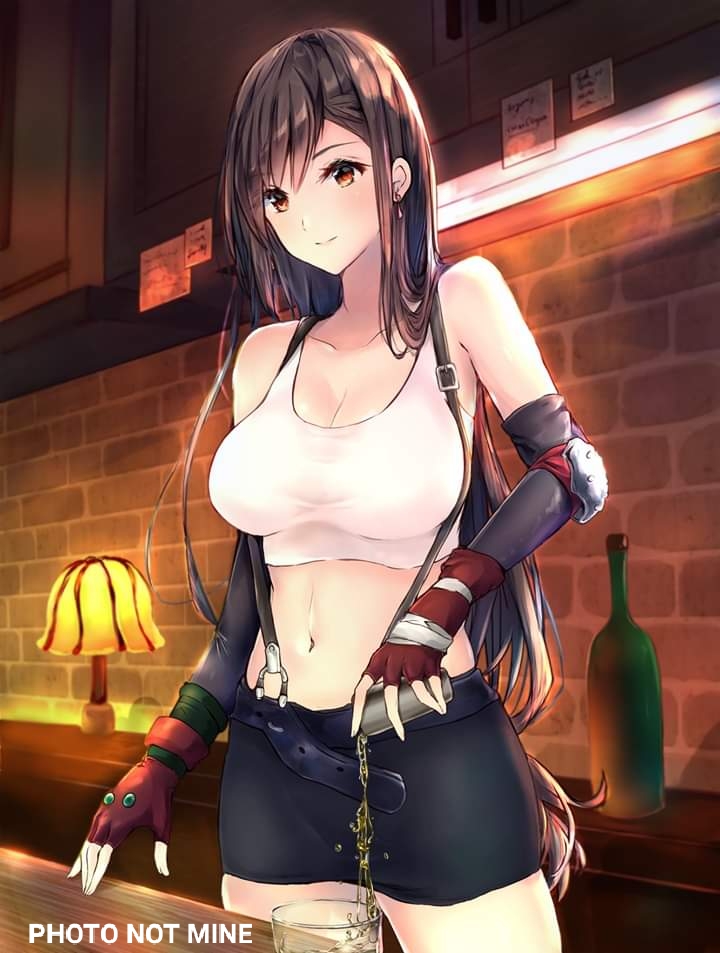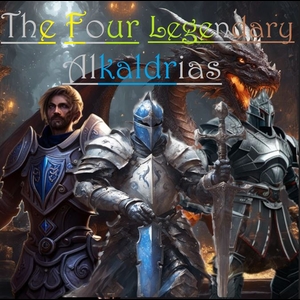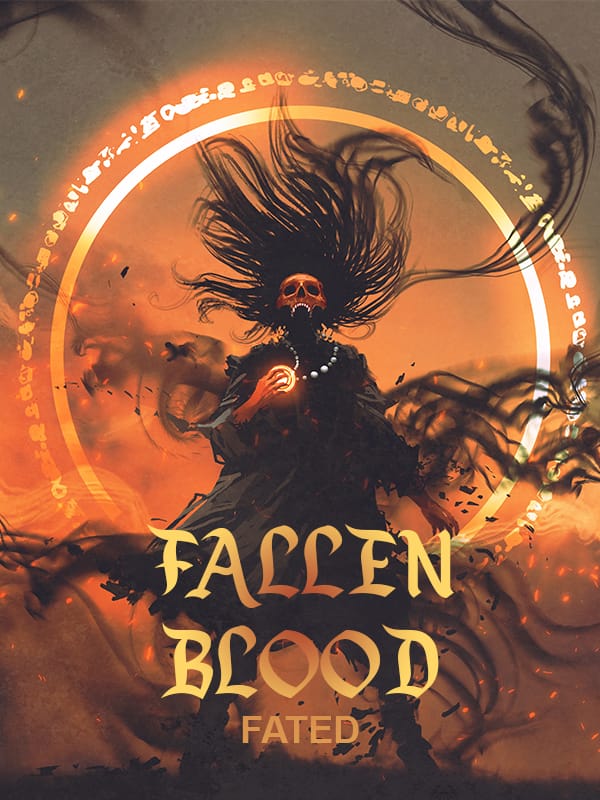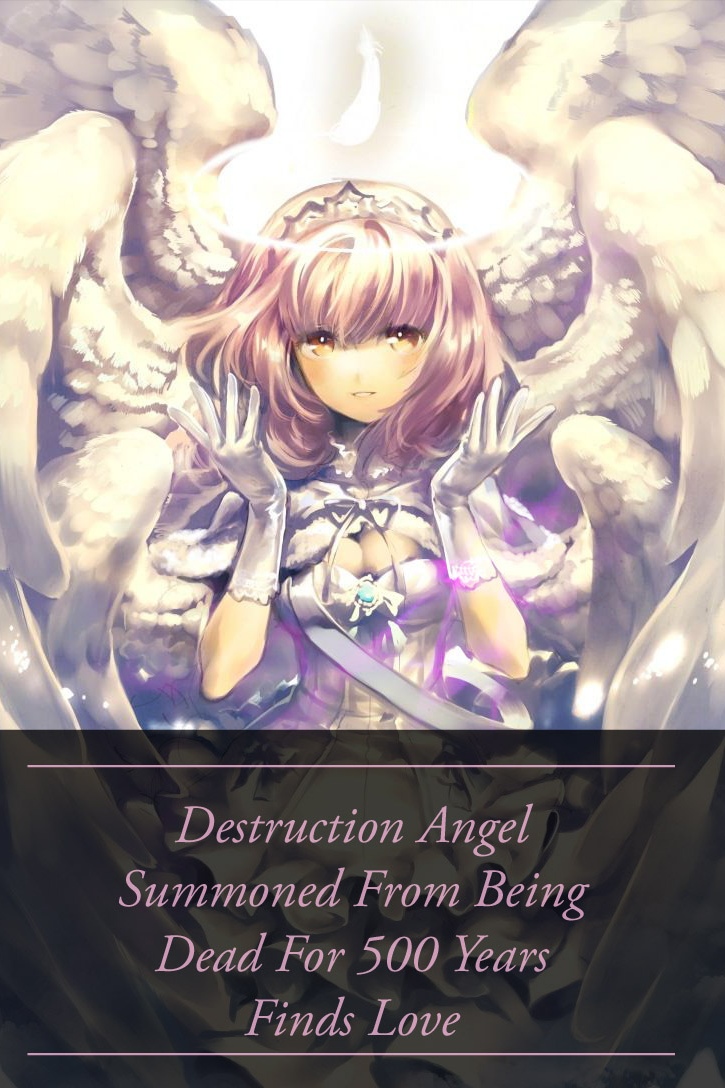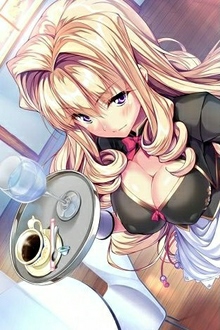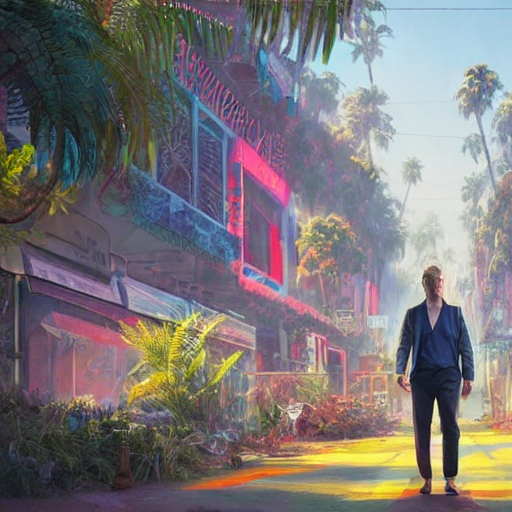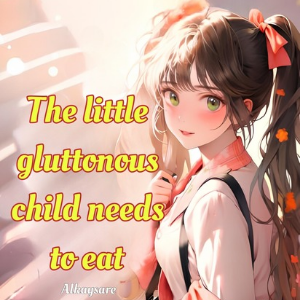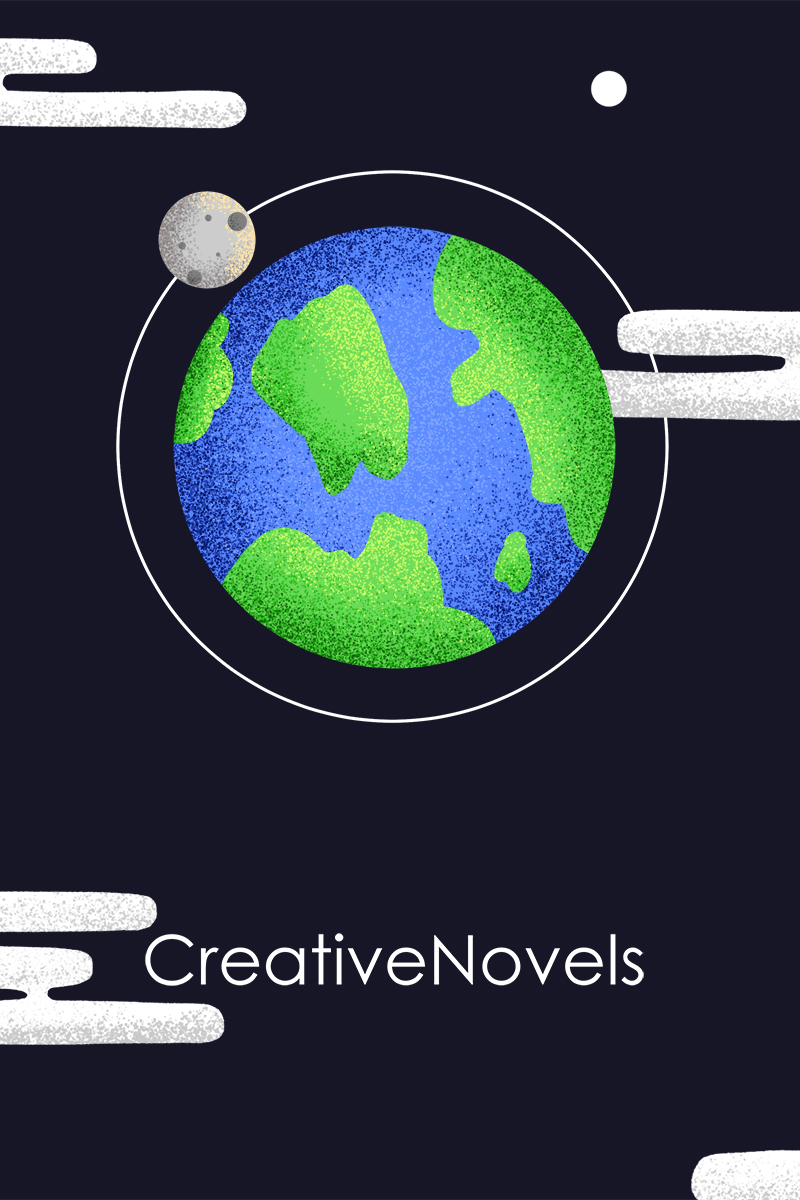Dion
July 17th, 2017
8:06 AM
It had been three days since the sewer incident, and they were pressed. The names of a drug dealer that could or could not lead to the key-buyer (what Apollo presumed to be the vampire of Havenbrook) as well as a new and sudden occurrence, the kidnapping of a child.
Kidnapped children weren’t strange occurrences. Not to any other town at least, but in Havenbrook, a kidnapped child could mean anything between ransom and of course, child sacrifice. So they were here then, to inspect the area and scout for clues in a way the police seemingly hadn’t.
Apollo bit his nails as Dion drove around the corner. They looked outside to the shoeless children and the arcade cabinets they tiptoed in front of. Street Fighter, or Metal Slug, they couldn’t tell with how ripped and broken the cabinet stickers were. There were liquor stores every other house, it seemed. Then the houses disappeared, then the road did too. Wooden fences became chain link, dogs roamed around, eating from sewer gutters. Crows picked and dragged carrion from the mud roads and from a sidewalk they could see a man in a wheelchair with a sign that read, ‘help a poor veteran’ and the cup that laid below him.
The first thing Dion did when he stepped out was hand a few coins to the poor man. The second thing he did was shiver. He couldn’t tolerate the feel in the air, a certain creeping coldness. Though Apollo did, he even looked like he was thriving.
They walked towards a parking lot half transmuted into a forest.
“They’re gon’ take me to the Saint Jones, you bitch.” A woman was flailing her limbs in the air, blue plastic bags hung on her arms like the swollen, rotten fruits of trees. Her hair was held together by a rag, a piece of an American. It was red and white. “Those devils are gon’ take me to the Saint Jones where the CIA live, let me tell you. They gon’ fill me with poison, ‘ell take my soul away I know it.”
Another woman came by to drag her back to a small cove underneath a tree, a patch of blue tarp.
She looked back to the Vicars, a fragile smile on her face.
“She’s sick.” She said. Dion started to make a move towards the two girls, the wallet in his hand.
Apollo held him back.
“Don’t even try helping. Some things are beyond your control.” He said.
“It just makes me feel wrong.”
“Weak, you mean,” Apollo said. “You can’t punch diseases of the mind in the face. You can’t wrestle them.”
“Yeah,” Dion said. Dismissively.
There was no path to follow, just an endless patch of black asphalt that bled into the forest. The homeless were scared, but they gathered around the blue flowers. Some slept, some drank, some picked the little joys from the floor. It had rained yesterday, Dion was reminded, by the heavy dew collected on the poles and tarps that drizzled when they shook.
“What are we doing here?” Dion asked.
“Our job,” Apollo said. Dion narrowed his eyes. “What? What’s the problem? I thought you liked helping people, so why don’t you go around looking for trouble,”
“I can’t help any of them,” Dion said.
“And I thought I was the defeatist,” Apollo said. Dion frowned, his shoulders slumped. He kicked a rock across the street. Apollo rolled his eyes. “Listen, we’re just here to get a name, there was a kidnapping nearby. Some kid by the name of Matthew ‘Pip’ Lafayette. I have a belief that his murderer was one of our guys. One of our many guys. I just want to see if anyone here has some information.”
“Jesus Christ, that’s horrifying.” Dion clenched his fist. “But are you sure it’s our guy.”
“No. That’s why I’m here,”
“What about the drug dealer?” Dion asked.
“He comes later. Don’t worry about him. Just ask around.” Apollo said.
They wandered into the sanctuary of homeless.
The poor were everywhere, walking in droves, hanging clothes by the tree branches, hanging themselves by the sides of trees and light posts, their myriad and uncoordinated clothes outliers amongst the drab and gray brick buildings. They ate bread and crackers, they boiled water on small portable stoves and drank from little flasks in their jackets. He went around them carefully, watched them stack up in front of barrel-fires like a tribe of furred animals. Beyond this ruined parking lot was a space of wild forestation that had grown into the lot. They had built into that locale as well. Their tents like small flags of ownership.
The tall grass hid some sleeping homeless. Walking became a caution for them as if they were dodging snakes for every now and then they bumped into a stray limb of a drunk or sickly figure.
It was like that for at least an hour. A dreadful hour for Dion at least. Looking at Apollo, he could see no tangible reaction, no churning of the face or frustration or sadness. It was like he wasn’t even feeling anything, or worse, that Apollo resembled the very homeless and destitute he was trying to question.
It was a gross comparison.
“And who are you?” Apollo asked. Dion turned, it was a man in a wheelchair. He looked relatively clean. He was old, past his midlife at least. Apollo shot him a twenty.
The old man swiped it.
“You should be more grateful,” Apollo said.
“You should get the f*** out of my sun.” The veteran said. At least, that’s what the sign read above his incapacitated legs. ‘Homeless and hungry vet.’
“You’d be more likable if you were polite,” Apollo said. “I just want to ask some questions, old man.”
“Ask away. You might not get the answer you want though,”
Dion took out a notepad. He snapped the pen-top and worked on the yellow pages. All other sounds seemed to die out as he focused on this singular, old man.
“Were you here on July sixteen, at around noon, maybe dusk?”
“I’m always here,”
“Did you see a little boy? Dark, probably no older than thirteen?” He took out the newspaper clipping and showed it to the old man.
The old man lifted his beret and laid the picture in his lap. With a pinch, he grabbed his shirt and ventilated it. Dion could smell the musk, like egg and gasoline and a little grime. He held his mouth.
Two medals hung by a jacket sleeve tied to his chair. They rattled.
“What platoon did you serve in?” Apollo asked.
“Don’t matter,” The vet said.
“People will accuse you of stolen valor with that kind of answer,” Apollo said. The old man rose his tired eyes, a popped vein in his yellow eyes squirted blood. It looked like a cloud of red.
“I don’t know if I’ve seen this boy,” His voice seemed annoyed, above all else, and panicked almost. Apollo threw another twenty.
“You remember now?”
“I don’t really wanna talk about this kid,” The old man said. “And you don’t either,”
He tried to turn his wheel away. Apollo stopped him.
“I thought soldiers were supposed to be honorable, valor and all that s***,” He said.
“Valor is for dogs,” The old man tried to work the wheel past Apollo’s foot. He couldn’t roll over it, and every time he tried, the mechanisms of his chair creaked. “Pride is for dogs. So is respect and decency,”
“I agree,” Apollo said. “And I know you’re a coward, I just want to know what’s got you scared enough to reject twenty dollars,”
“I know what it’s like to be thrown away, kid,” He said. “I know how easy it is for a man to be buried and forgotten. Trust me. Hell, you can kill a man and leave it out for rot, and people still won’t care. Not really, at least. We’re disposable, all of us here, and I ain’t trying to test that,”
“Why can’t you talk about this kid?” Apollo threw a hundred dollar bill. It fell to the floor. The old man finally lifted his wheel by brute force and rolled over the bill.
“I don’t want to beat the information out of you,” Apollo said. “But I need to know what you know, that’s all there is to it,”
“I don’t know a lot, but I know it’s enough to get me killed.”
And Dion put down his notepad. He put his pen in his front pocket, and he walked in front of the veteran’s trajectory. He put both hands on the armrests and stopped his locomotion. In the inertia, he leaned down. And he hoped his face did not show hate, though he was frustrated. And he hoped his will was strong, for he needed conviction. And he said, in a voice somewhat mournful and somewhat eager.
“This child had a family. That family will have to live without him, but what’s even worse than that, is that they’ll have to live in that painful ignorance of not knowing what happened to their child,” Dion said. “This Pip kid might be disposable to you, to me, to the rest of the world. But to his mother and father, he is everything. They need to know, we need to know.”
The old man looked down, his head shaking back and forth. Apollo walked up, his face was much more severe, stern and rough-edged and glaring. It was a scary enough face to make the old man reconsider Dion’s softness.
“Just give us whatever you want, we can drop you off at the train station, and we can give you enough money to forget any of this happened. At least that way you can leave this town knowing you helped the common good,” Dion reached down and grabbed a flask hiding in the veteran’s boot. “And that seems like the best thing for you yet, don’t you think?”
The old man shook his head. He swiped the glass and looked down at the picture. His lips pursed. He sighed, then took a swig.
“I don’t know exactly who these people are that you’re messing with, but I know what they do.” The veteran said.
“Good, I want them to come after us,” Apollo said.
The veteran took another swig.
“I might have seen a guy following this kid,” He held the newspaper clipping up against the light. “All I know is how he looks like, alright? Sometimes I see him here and there, that’s it. Alright?”
“That’s good enough for me,” Dion said. “Describe his appearance,”
It took a few moments for his courage to finally come. It took even more alcohol, but eventually, squeezed between one hard ass and one optimist, he finally found the words to say.
“He was bald,” The veteran began.


